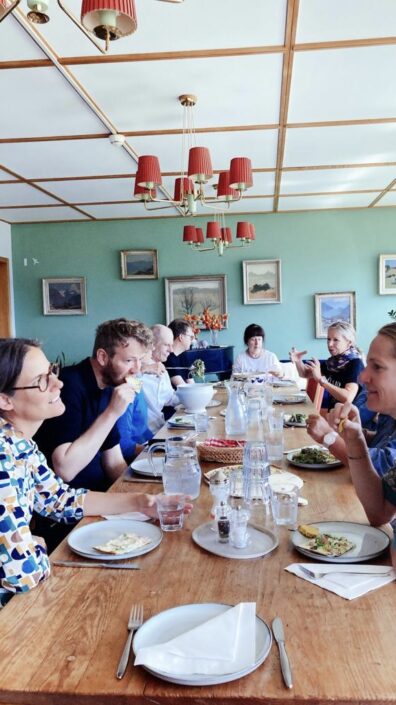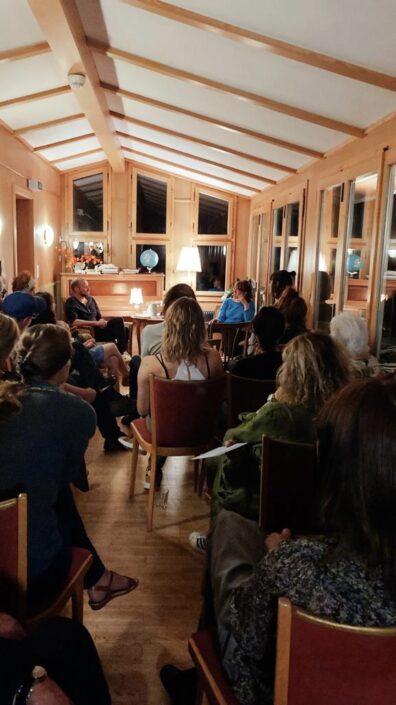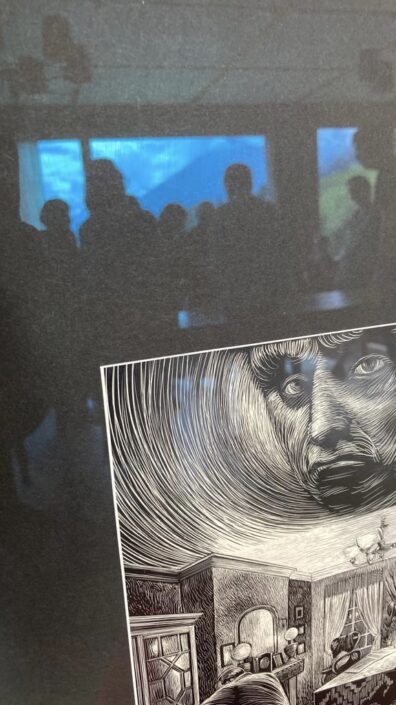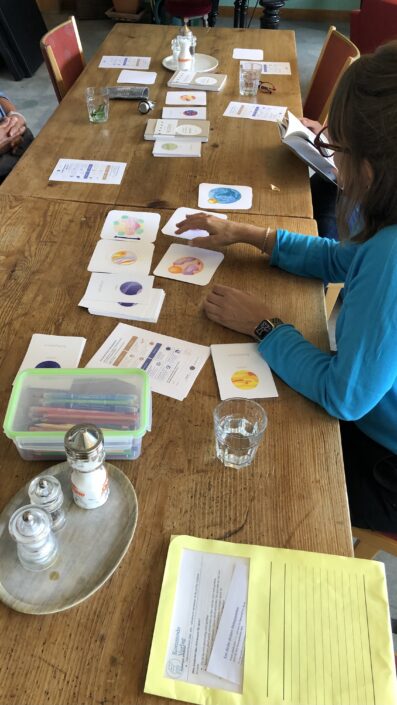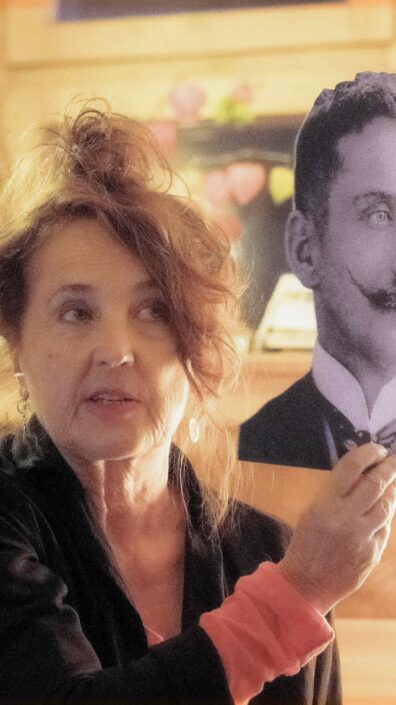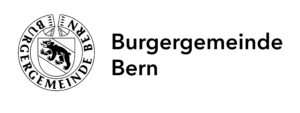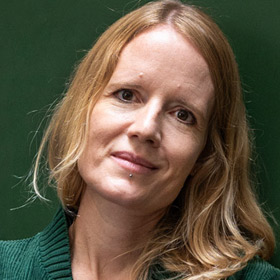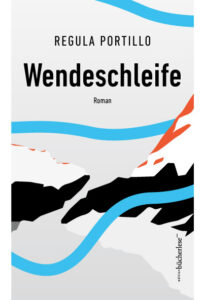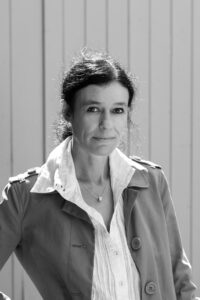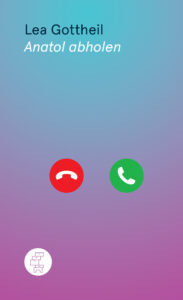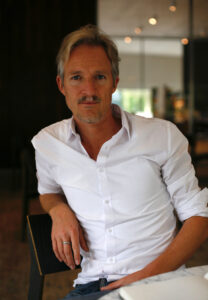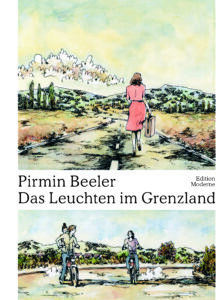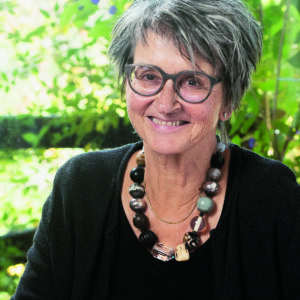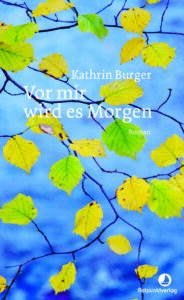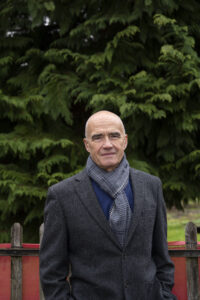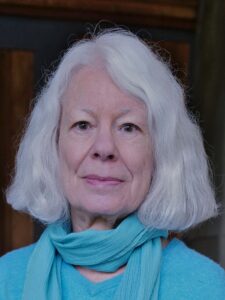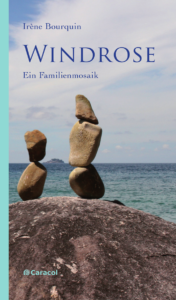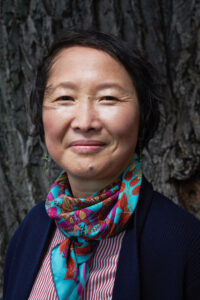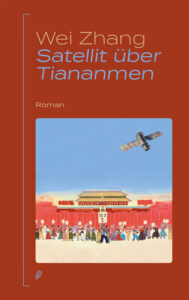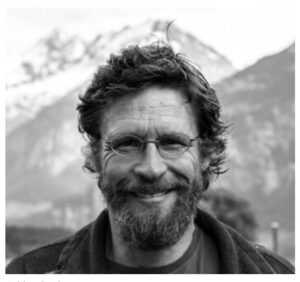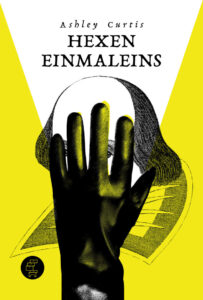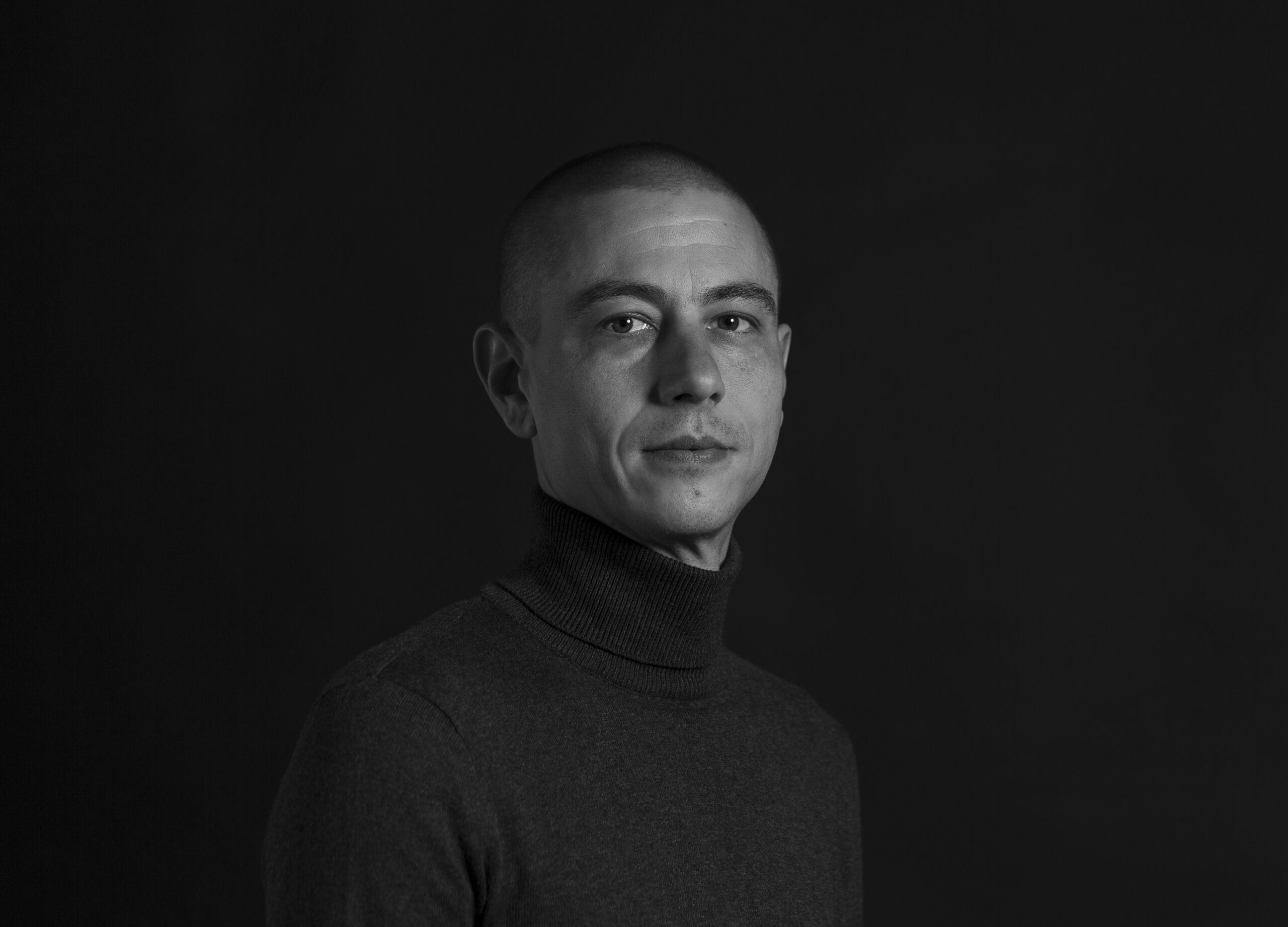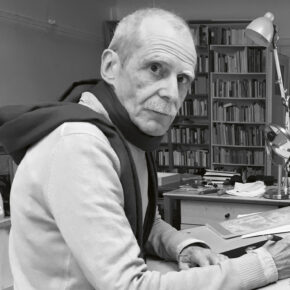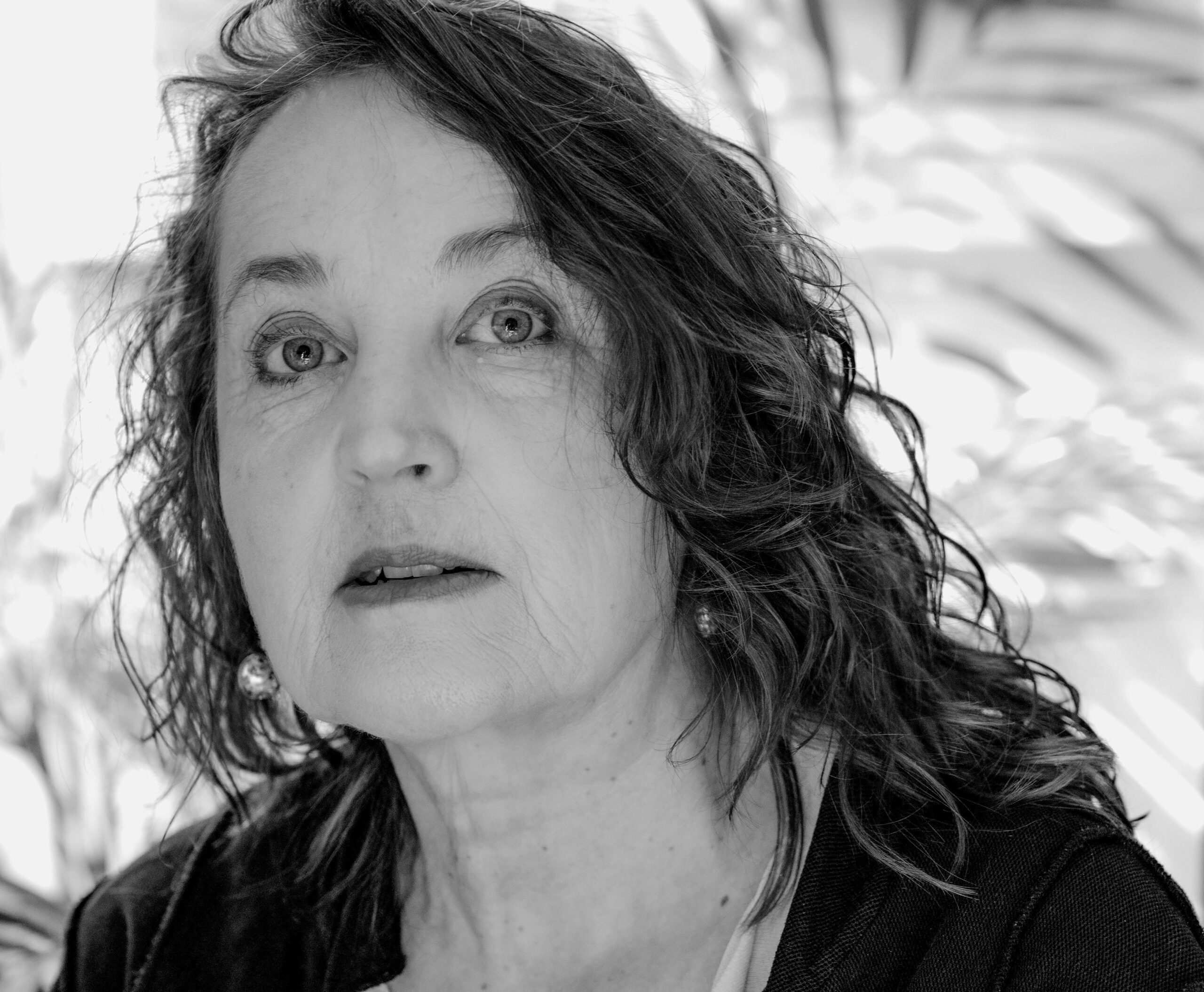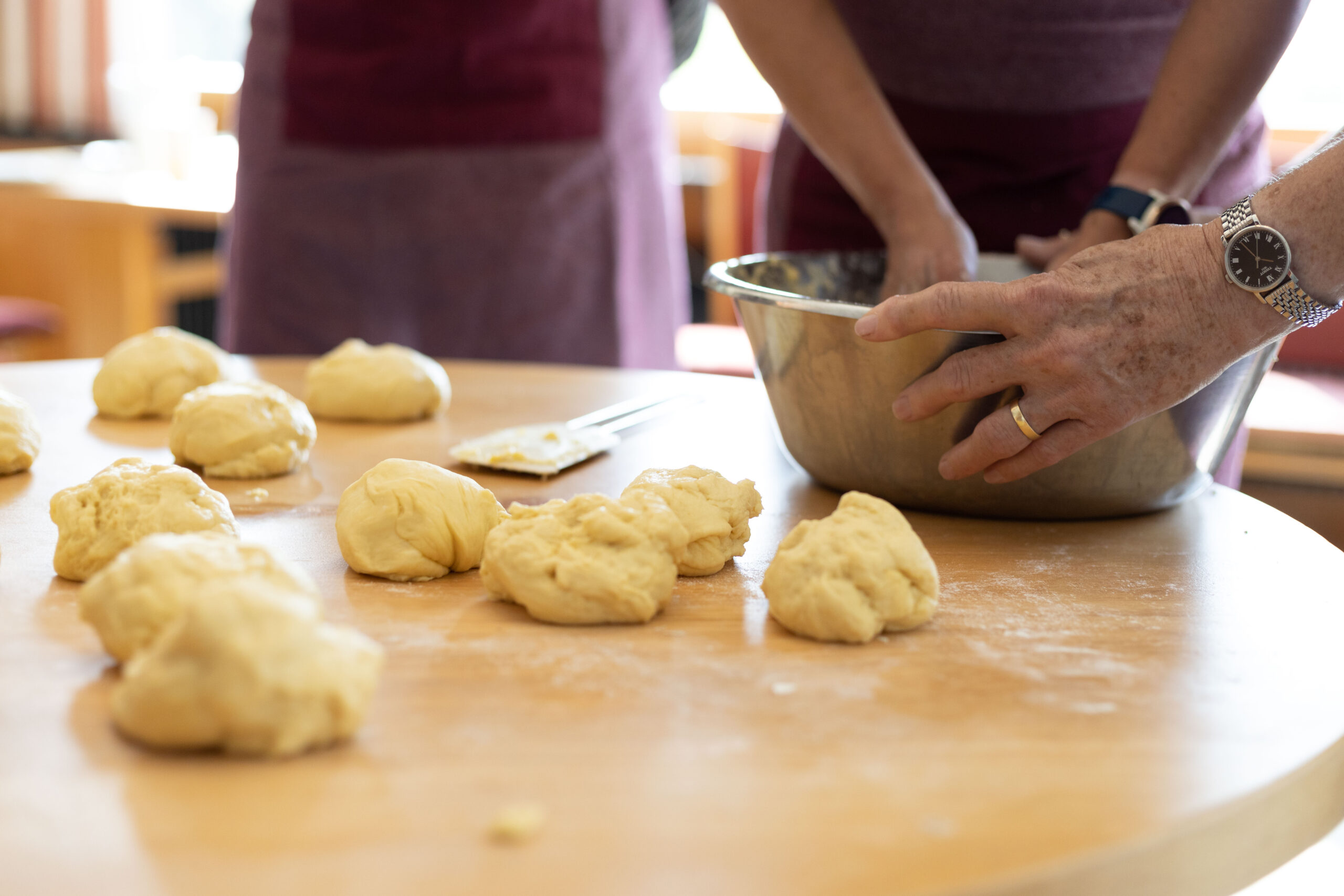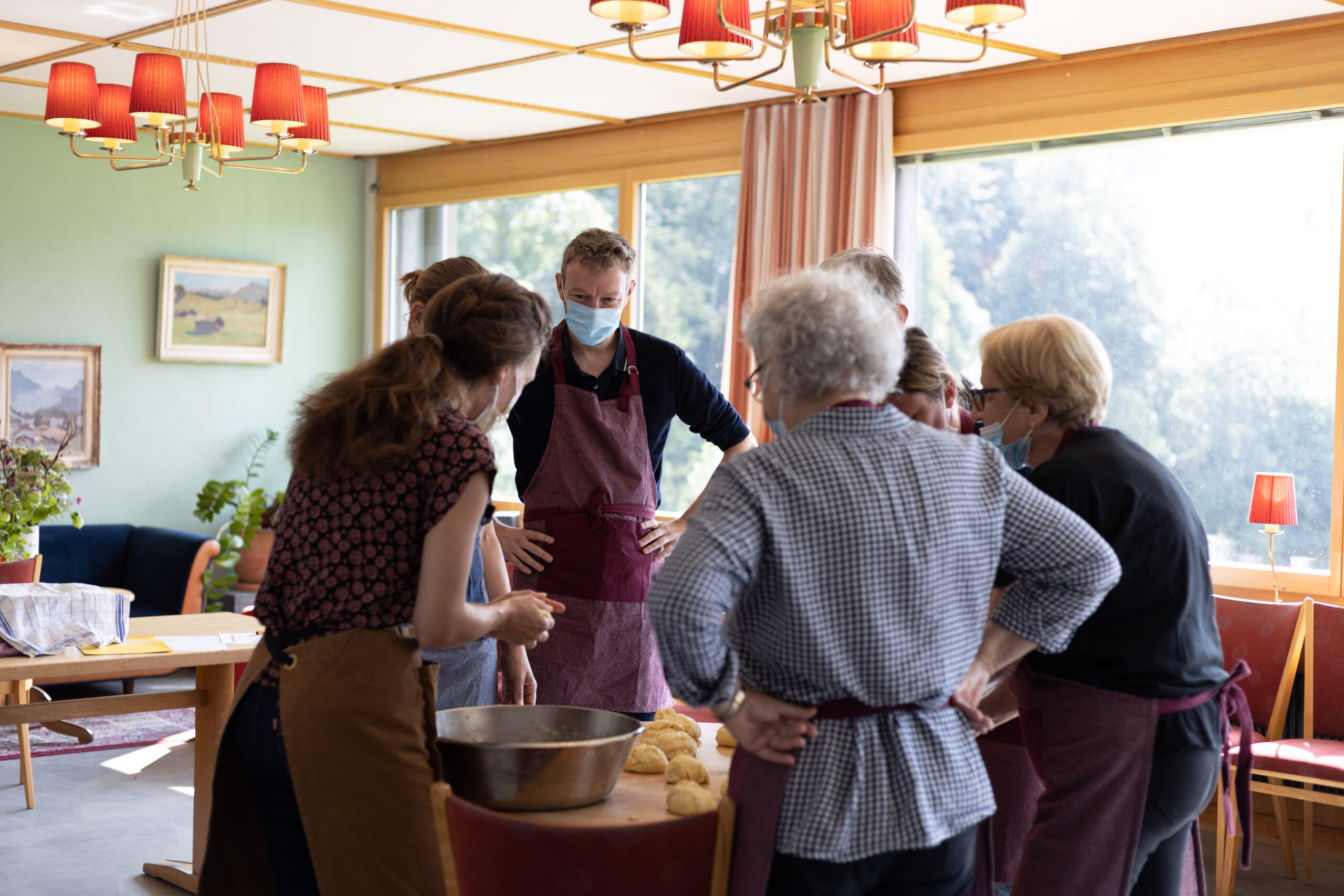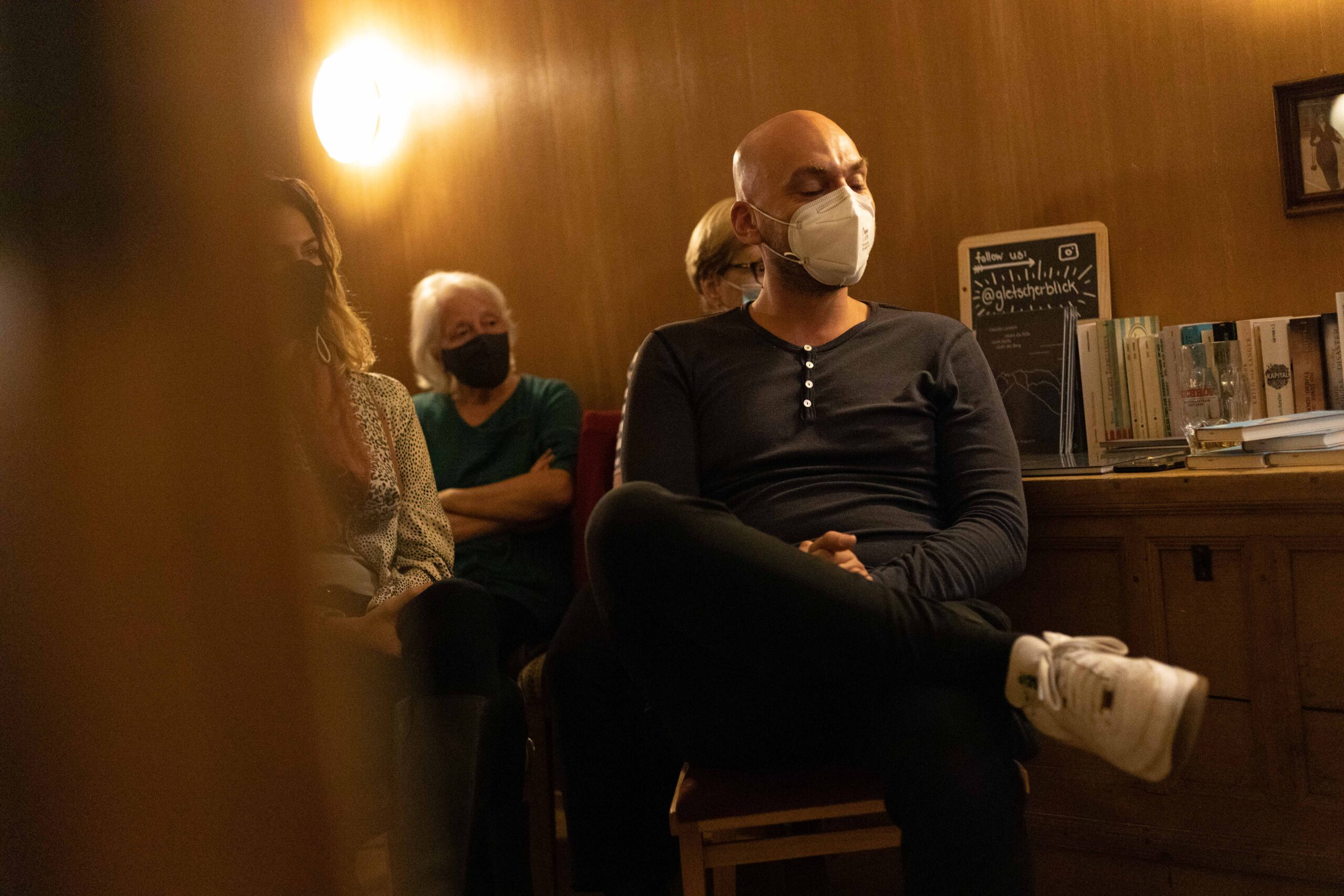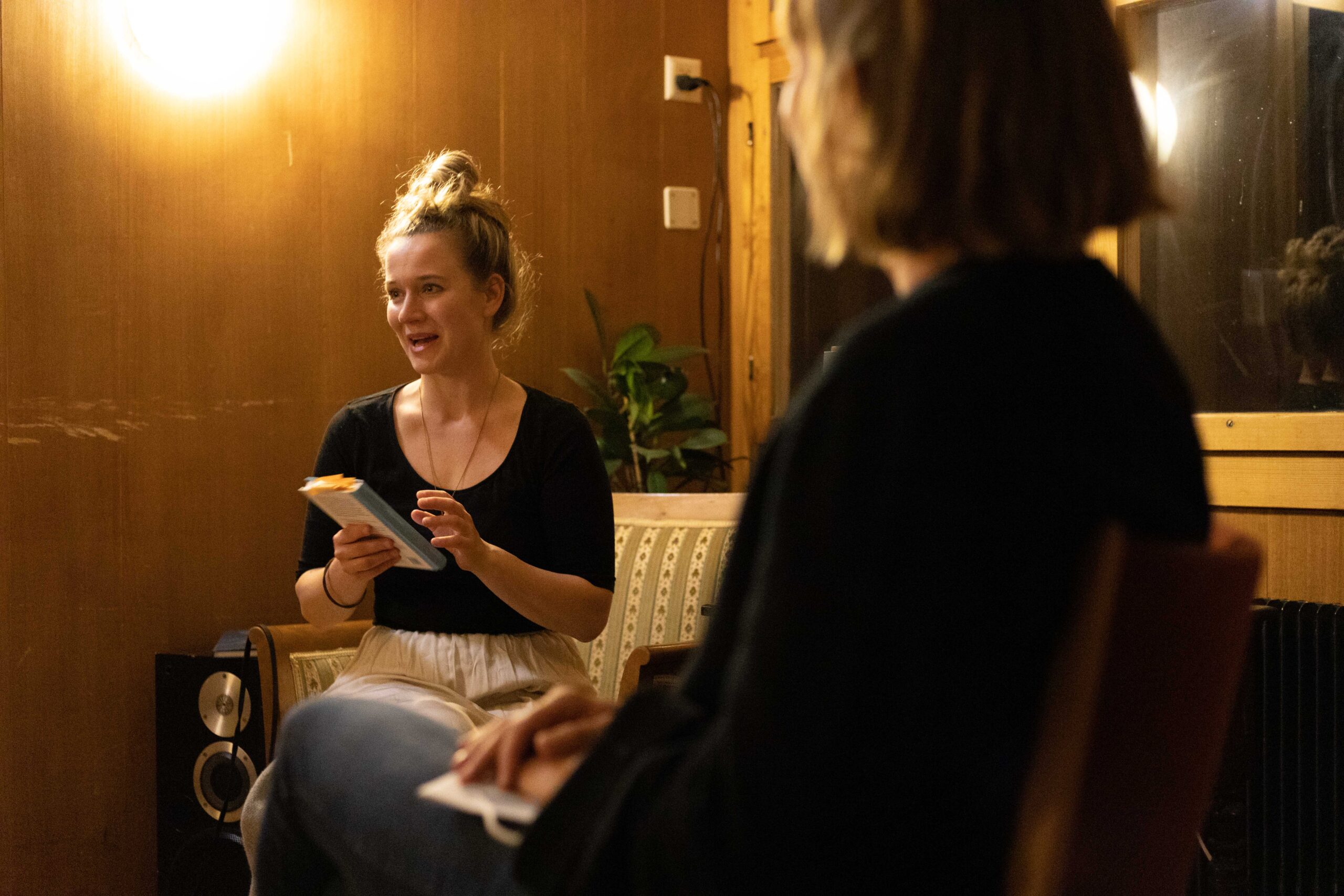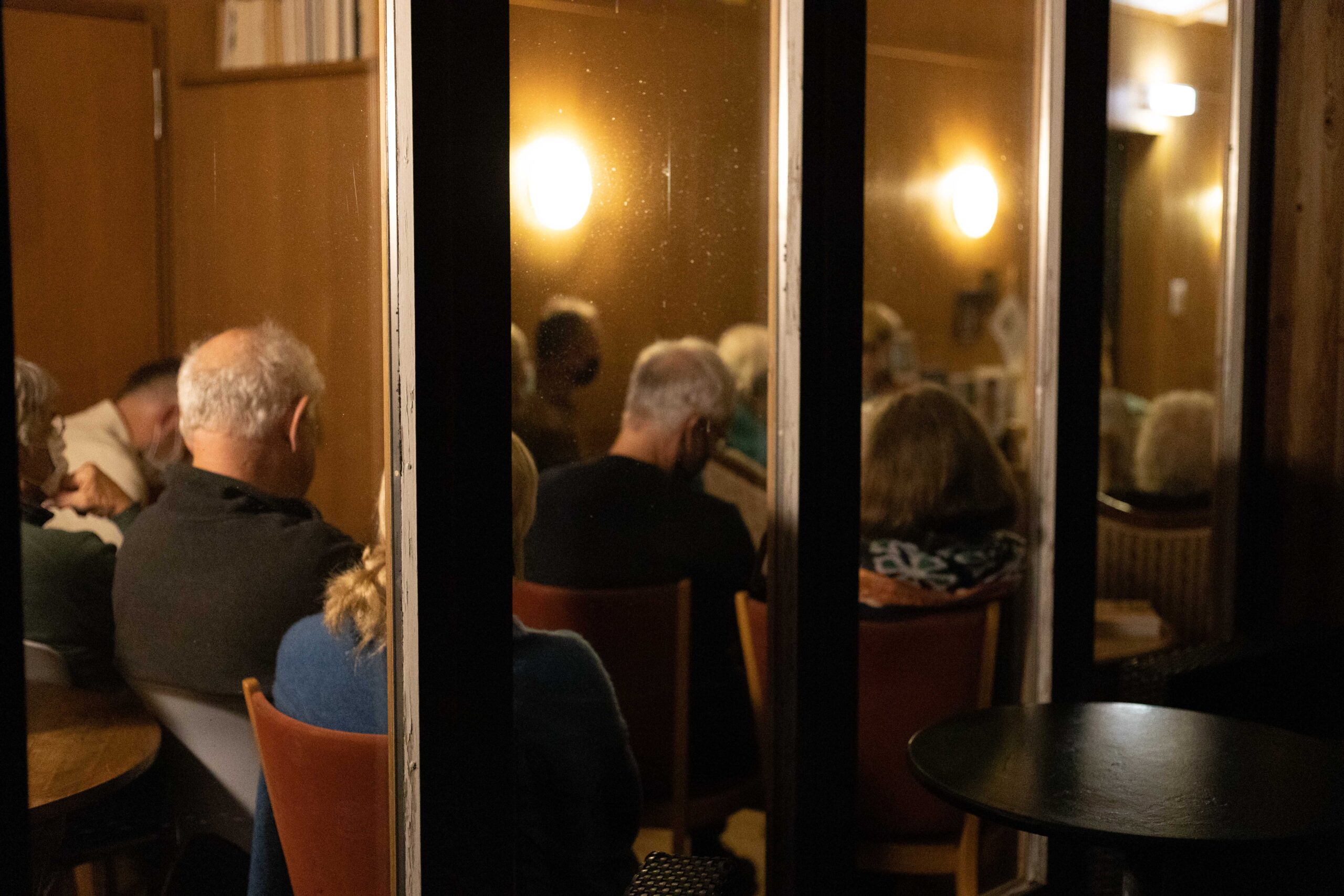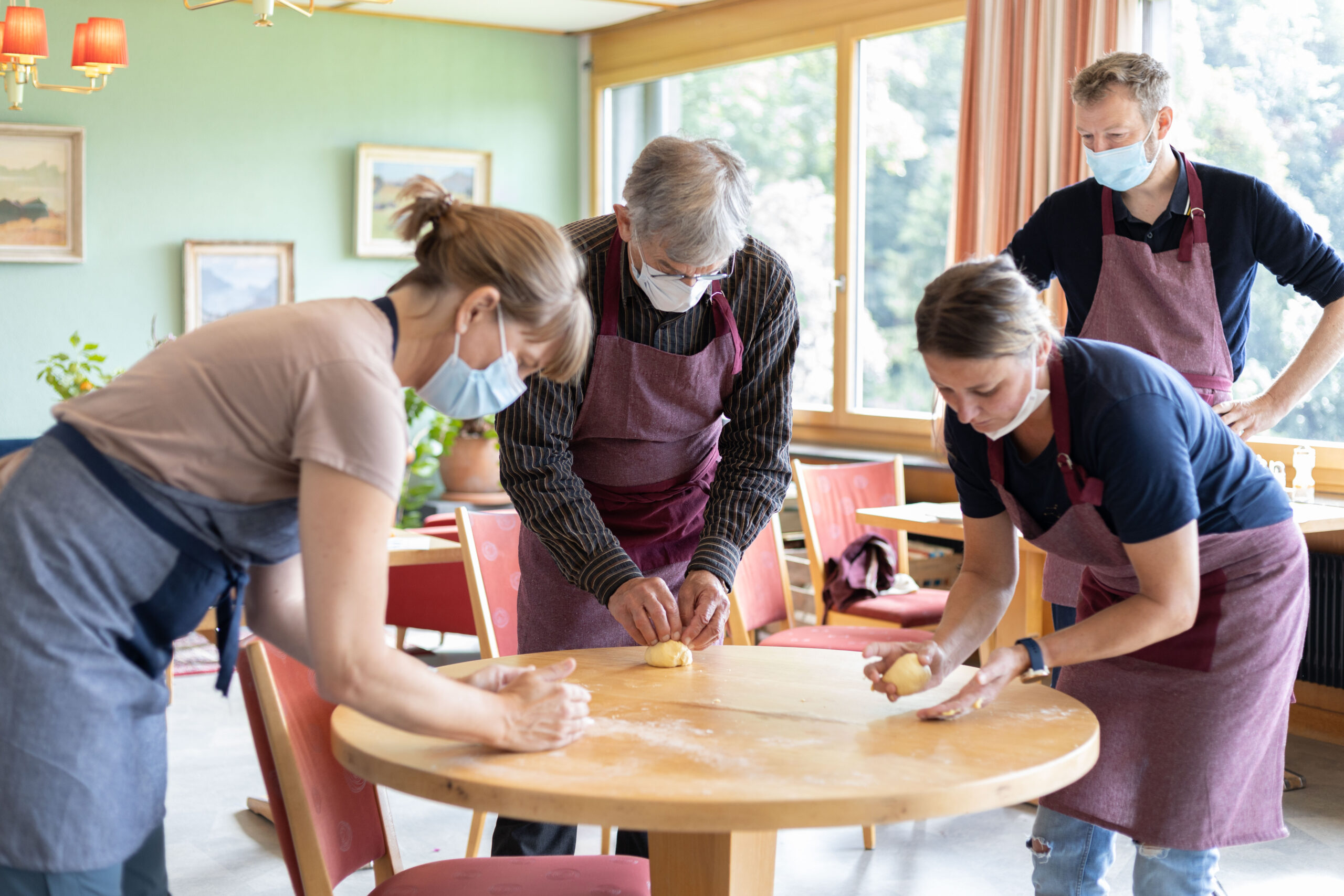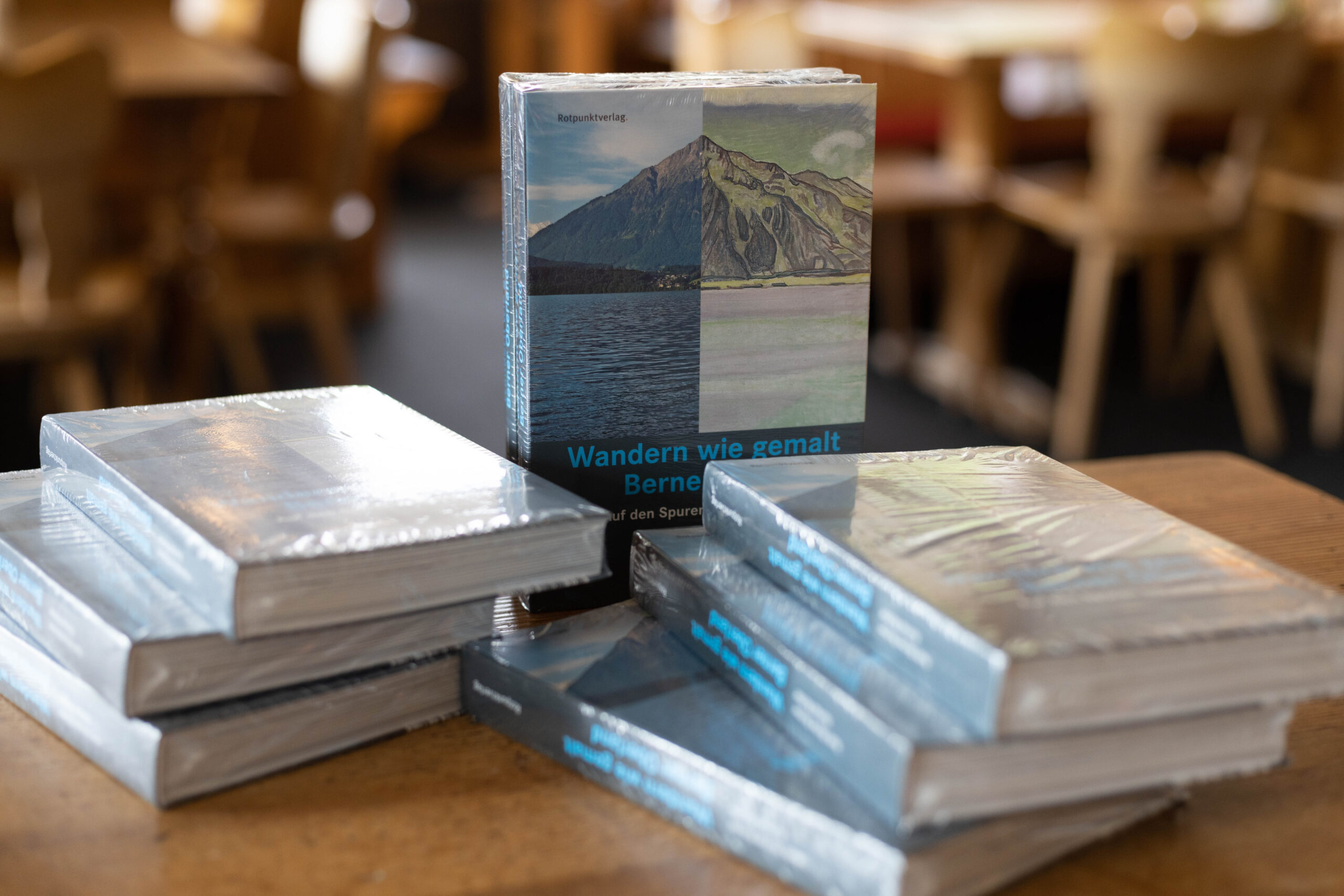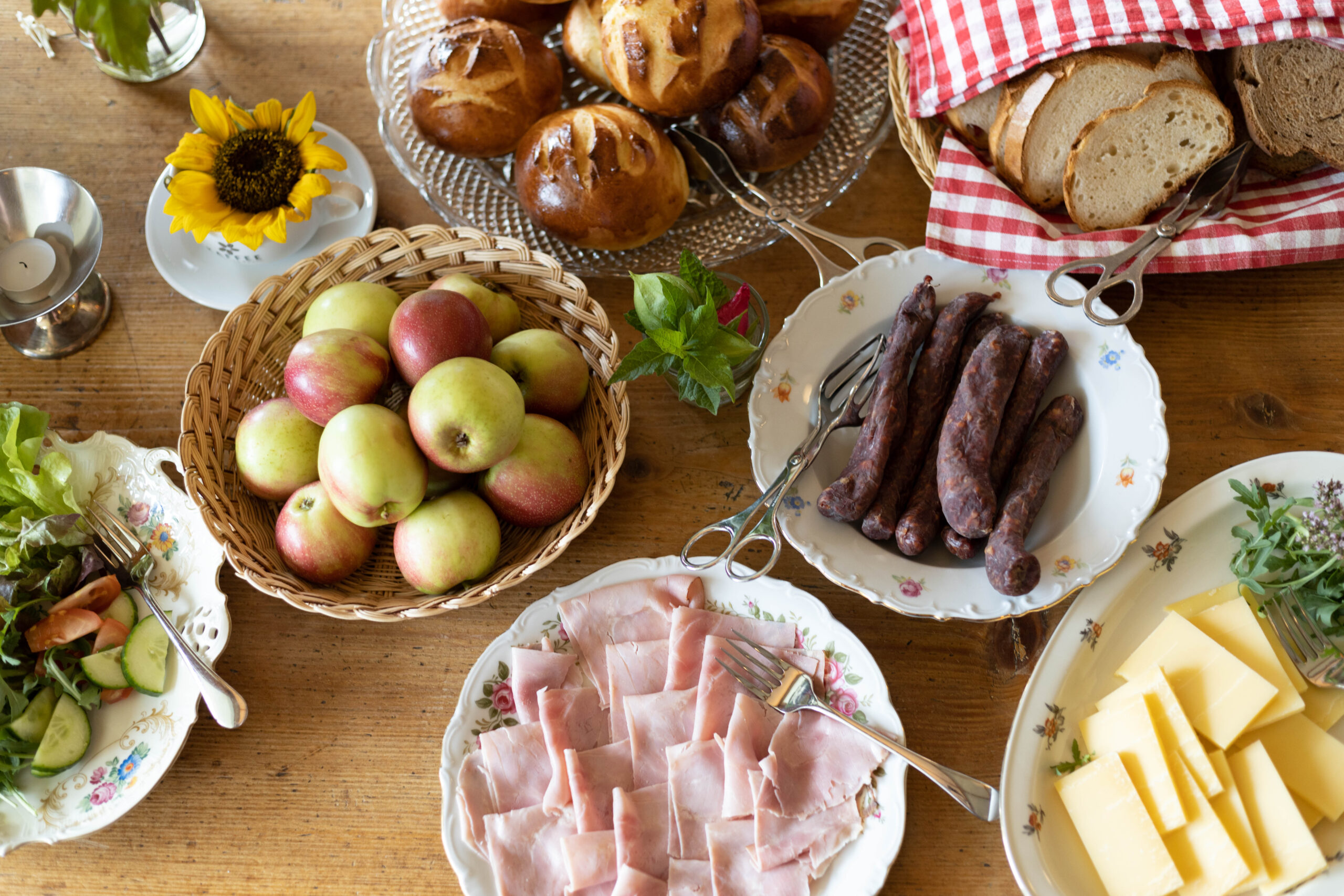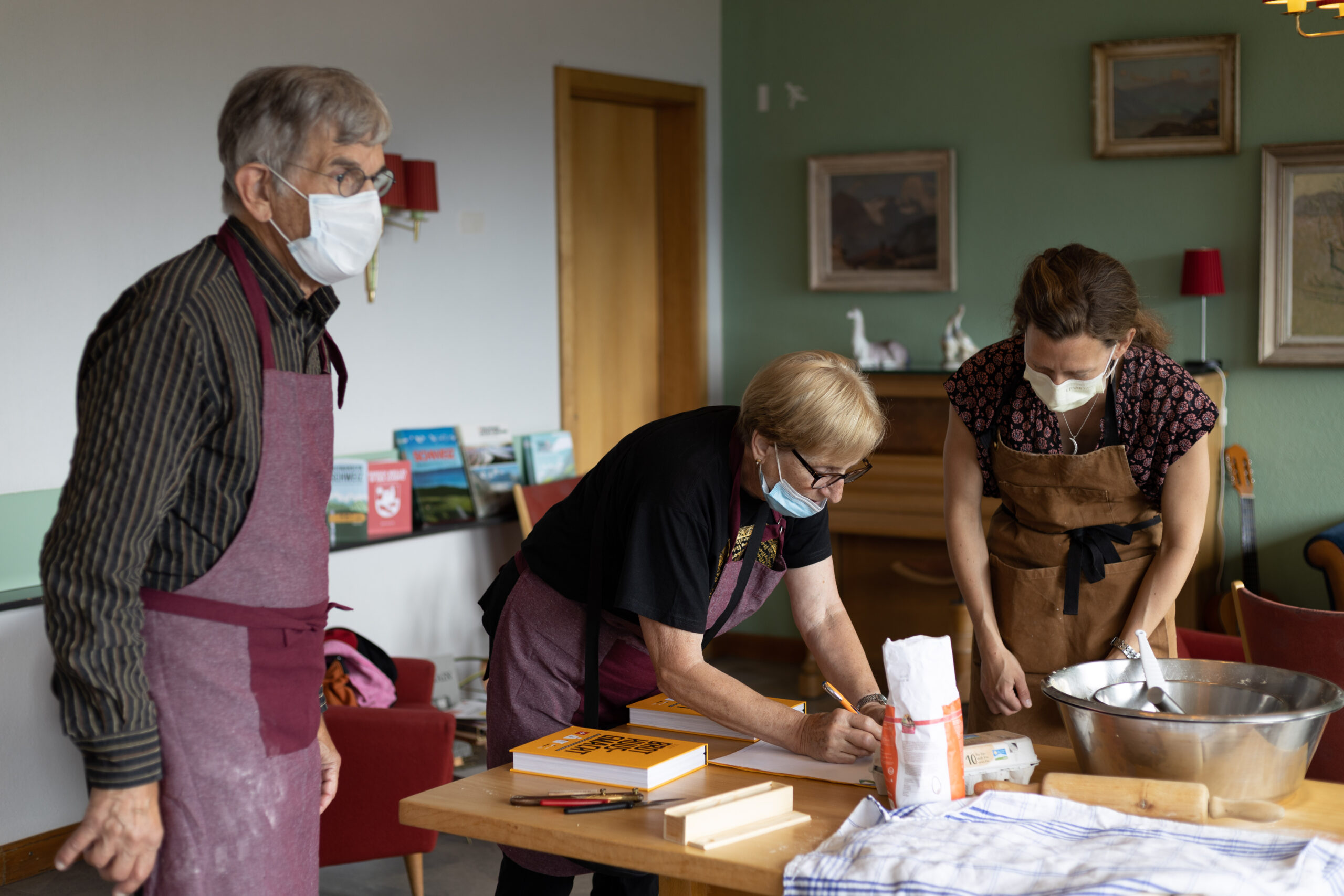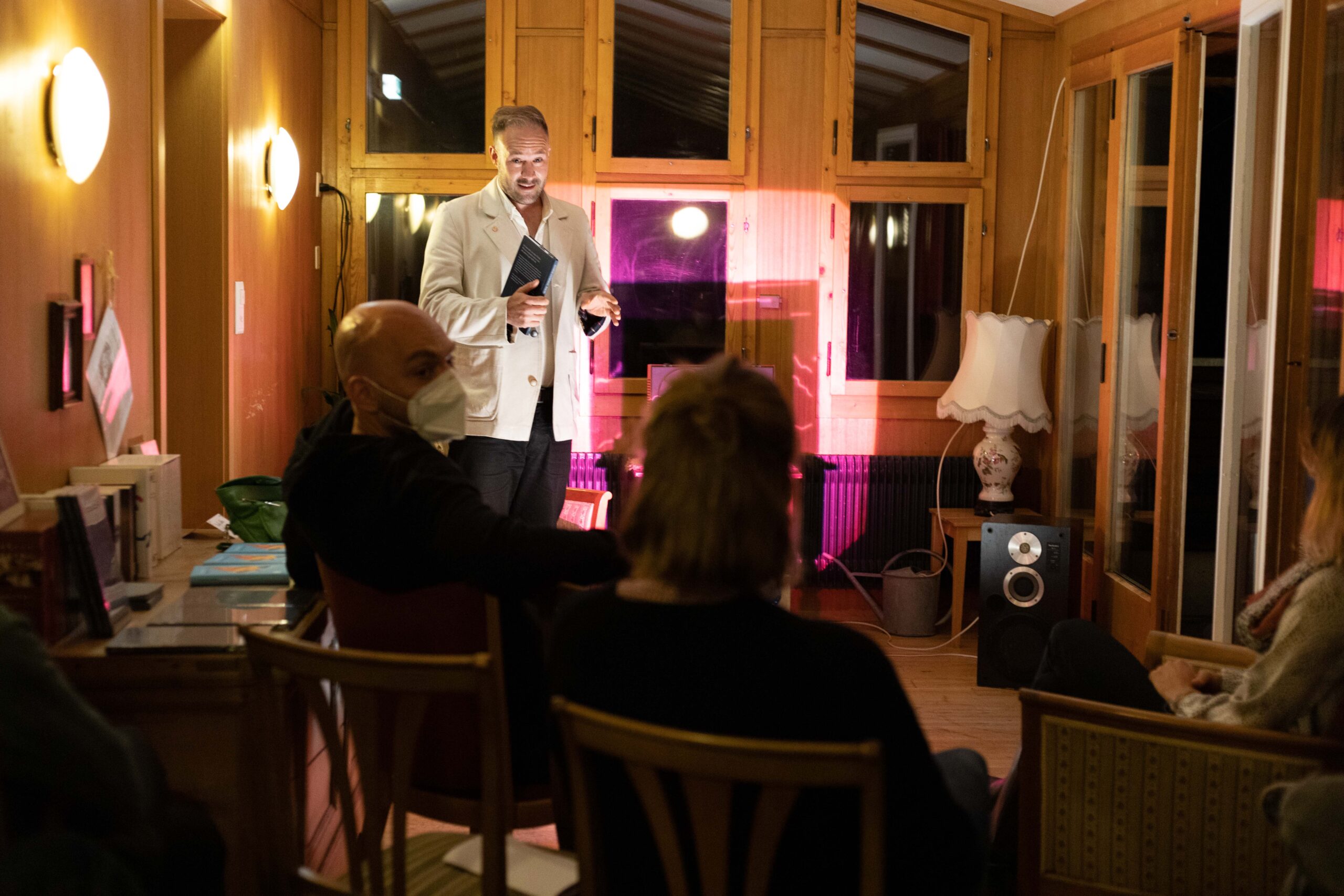Literature Rays 4.0
Literature festival at Gletscherblick / September 6 & 7, 2024
.
Friday, September 6, 2024
from 16:00 Individual arrival at Hotel Gletscherblick
from 18:00 - 20:00 Individual dinner
20:00 Reading by Lukas Holliger "1983. cursed heat" / Rotpunkt Verlag
21:00 Reading by Regula Portillo "Wendeschleife" / Edition Bücherlese
.
Saturday, September 7, 2024
08:00 - 10:00 Breakfast
10:00 - 12:00 Workshop with Heddi Nieuwsma "Zuckersüsse Schweiz" / HELVETIQ
.
18:00 - 20:00 Individual dinner
20:00 Reading by Lea Gottheil "Anatol abholen" / Kommode Verlag
21:00 Reading by Jörg Rehmann "Davon" / Kommode Verlag
.
As a view change package:
- All READINGS AND WORKSHOPS with our Swiss authors.
- 2 nights in standard double room with private bathroom
- Breakfast included
Price in double room with private bathroom 200.- CHF per person (excl. visitor's tax) Price in double room with private bathroom for single use 260.- CHF (excl. visitor's tax) .
.
*Our festival is supported by the Burgergemeinde Bern
.
Our authors in 2024 will be...
Lukas Holliger "1983. cursed heat" / Rotpunkt Verlag
The Russian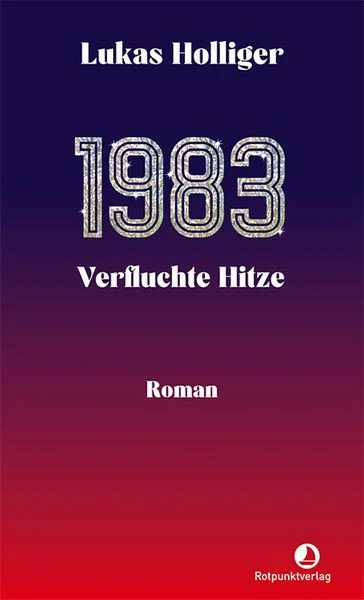
1983 Cursed heat condenses three historical events - the scandal surrounding the Bern-based Novosti agency, the spectacular case of a Basel spy in Soviet service and the murder of a clairvoyant - into a tragicomic stocktaking of the year 1983. It is the last climax of the Cold War, Europe is arguing about the Nato Double-Track Decision, Nena's "99 Luftballons" is playing on a continuous loop and summer temperatures are rising to 40 degrees for the first time.
While Holliger puts verbatim quotes into the mouths of his historical figures, he writes pointed dialogues for his team of investigators that reveal the multi-award-winning author of theater and radio plays.
Regula Portillo "Wendeschleife" Edition Bücherlese
Anna works in a nursing home for the elderly, loves to travel and regularly offers her sofa as a place to stay for other travelers. One of her guests is Oliver, a young American traveling in Europe on an Interrail ticket. The two hit it off straight away and he immerses himself in her world for a few days. But then he doesn't return from a trip to Zermatt. A search begins that raises existential questions that Anna repeatedly encounters in her work. What are we all heading towards? What constitutes a fulfilled life and a dignified death? Does life mainly take place in the stories we tell ourselves about it? Anna finds answers to these questions in her conversations with Mrs. Steinbach, who is blind, and the other residents, whose life experience she finds very enriching.
In exchanges with Caroline, Oliver's mother, and Samuel, a mutual acquaintance, Anna gets closer and closer to Oliver and gradually puts together a picture of a person she knows mainly from stories.
Regula Portillo, born in 1979, grew up in the canton of Solothurn, studied German and Art History at the University of Fribourg and Book and Media Practice at the Goethe University in Frankfurt am Main. After several years in Nicaragua, Mexico and Germany, she now lives and works in Bern / ©Edition Bücherlese // Photo ©Barbara Halter.
.
Heddi Nieuwsma (Workshop Saturday "Zuckersüsse Schweiz") / HELVETIQ
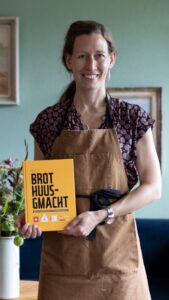
From crunchy hazelnut cookies to rich chocolate tarts with an unexpectedly green glaze, you'll find an irresistible collection of sweet recipes in Switzerland. This book contains 45 recipes and stories: for cakes, pastries, tarts, creams and more. The author, Heddi Nieuwsma, is an American chef who has lived in Switzerland for a long time. With beautiful photos and highlights from all four language regions - German, Italian, French and Romansh - this book is a delicious melting pot of culinary influences. Some recipes are classic interpretations of world-famous desserts,
while many others are little known beyond their region.
Heddi Nieuwsma moved to Switzerland from the USA in 2012. Since her arrival, she has developed a passion for learning more about Swiss cuisine. She shares recipes, stories and travel experiences via her blog "Cuisine Helvetica". Heddi wants to promote Swiss cuisine abroad for more than just chocolate and cheese. Her blog was a finalist for the "Best Special Interest Food Blog" award presented by the American magazine Saveur in 2018.
.
Lea Gottheil "Pick up Anatol" / Kommode Verlag
Anatol has to stay in kindergarten for another year. No thought of him going to school. He is a clever, imaginative child, but he can't integrate into any group. Anatol is a system disrupter. He pushes his family and the educational institutions to their limits. After he is expelled from kindergarten, he is diagnosed with ADHD. A school psychologist gets involved, a psychiatrist, Anatol is given medication. medication. His parents are desperate to find a suitable school for their special child. Again and again, his mother Jil has to pick him up because the teachers are overwhelmed; no school wants to keep him. What is to become of Anatol? Jil, who dreamed of a free life as a poet and singer, threatens to break under the challenge of being consumed by worry about her beloved child, feelings of guilt and failure as a mother and the disappointment of a life in which she no longer appears.
Anatol abholen is a straightforward, upsetting and yet comforting story about a family's journey through the labyrinth of bureaucracy in our school and healthcare system and the lack of understanding of children who are different and need something different. The story is about the lack of capacity and opportunity in the mental health system and the psyche of a mother who cares for her child and has to fight hard for him.
.
Jörg Rehmann "Davon" / Kommode Verlag
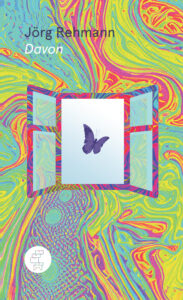
Jörg Rehmann was born in Merseburg (Saxony-Anhalt) in 1966, grew up in the GDR and published in magazines and anthologies. His debut "Herr Wunderwelt" was published by Kommode Verlag in 2020. He studied nursing management, works as a lecturer and lives in Berlin.
Our authors 2023 were...
Pirmin Beeler "The glow in the borderland".
Nino and his friends live their lives: hanging out, smoking pot and partying - until one day Nino decides to ride his moped over the Gotthard to Rimini ...
Years later, he visits his Nonna Giulia in the retirement home, where she tells him her life story - of her childhood in post-war Italy, her work in Rome, her migration to Switzerland and how she finds her feet and makes a living there. Bruno lives in the same retirement home - he too emigrated and found work in Paris as a dolphin keeper for the Moulin Rouge.
... And Nino - did he ever arrive in Rimini?
Pirmin Beeler, *1975, lives and works in Zug. After training as a painter and later as a specialist in psychiatric care, he graduated in 2011 with a Bachelor Illustration Fiction from the Lucerne School of Art and Design. In 2018, his début "Once you've started talking, anything can come out of it" was published by Edition Moderne / ©Edition Moderna // Photo ©Barbara Halter
Kathrin Burger "Before me it will be morning"
Until the very last day, she liked to go there, to the Gymnasium, to infect young people with her love for the German language and literature. Even if she didn't always succeed and slowly grew tired of the many school reforms.
Since the end of her professional life, she feels as if she is "standing in an empty, uninhabited room, looking out into a landscape without contours." The narrator finds a mirror of this inner space in her garden. Each morning she watches the day slowly inch its way through the gray-green wall of hazel bushes, blackthorn, and dogwood. Each morning is different and evokes different thoughts and memories. Memories of her parents' house with its enchanted park, of her first semesters at university during the youth unrest, of her parents, who were active in the "Moral Re-Armament" movement, and of her brother, the writer Hermann Burger, who died at an early age. It is still quiet in her house - in fact, it has become quieter after the children have moved out - only Apple, the cat, strokes around her legs and puts his "downy cat weight" on her feet. Kathrin Burger's novel is interwoven with autobiographical elements. She narrates precisely and poetically. She looks with reconciliation at what has disappeared, with confidence at what is to come, and again and again into her garden, whose constant transformations she traces in the finest shades.
Kathrin Burger, born in 1949 in Menziken, studied German in Zurich and wrote her doctorate on Georg Trakl. She taught as a high school teacher in Fribourg, in Baden and for thirty years in Aarau. She was also active in various cultural institutions and in the women's movement. She lives with her husband in Küttigen and has three grown-up children. / ©Rotpunktverlag // Photo ©Claus Pfisterer
Thomas Dütsch "Zwischenhoch
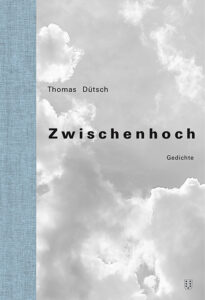
Thomas Dütsch, born in Zurich in 1958, studied German, history and philosophy in Zurich, Tübingen and Berlin. In 1991, at the invitation of the Berlin Senate for Culture, he spent six months on a scholarship at the Literary Colloquium Berlin (LCB). In addition to his professional activities as a teacher and language lecturer at the Zurich University of Education, he published poems in the literary journals "einspruch", "drehpunkt" and "Sprache im technischen Zeitalter". The "Neue Zürcher Zeitung", the "Zeit" and the "Tages-Anzeiger", Zurich, also published poems by him / ©Nimbus. Art and Books // Photo ©Ayse Yavas
Irène Bourquin "Wind rose
The mosaic of short prose texts tells the story(s) of a family: fates at home and the fragile "happiness in the distance", from the Jura to eastern Switzerland, from Zurich to Paris and Oslo, Yokohama to New York, from Brittany to India. Three generations appear, a century passes, but the individual lives are described in fast motion, are mosaic stones in the portrait of the family. Like the colors in a mosaic, many figures appear several times, in changing constellations, and even time is not linear, but is assembled as a mosaic. The fates told touch with astonishing twists, tragic events, but also cheerful episodes: the joyful prophecy of a fortune teller, which comes true; a family reunion, soon followed by misfortunes; emigration and return migration. There are the grandparents, both from Swiss merchant families, who narrowly survive the catastrophic earthquake of 1923 in Japan with their two-year-old daughter. The Second World War, with which the story of a couple also begins, is reflected in the chapters "Home Front" and "Border Experience." An uncle emigrates to Paris, later to America. His involuntary outing is a test for the family in the early 1950s. "Twinless" tells of great-uncles: inseparable in youth - later emigrated, one to the East, the other to the West - incompatible in old age.
The whole offers a varied, colorful reading and it is worthwhile to take a closer look at every single piece of the mosaic.
Irène Bourquin was born in Zurich in 1950. She lives in Elsau near Winterthur and in Zurich. Studied history and German language and literature at the University of Zurich, doctorate 1976. From 1977 cultural editor and journalist; today author, co-editor and editor. Book publications in various publishing houses since 1986; plays and radio plays / ©Caracol Verlag // Photo ©Silvia Wiegers-Meyer
Wei Zhang "Satellite over Tiananmen"
While Mao is propagating the "Great Leap Forward," "Grandmother" Guo is allowed to move with her son and daughter-in-law to Neuberg Street in the so-called Harmony Village, a new and reasonably comfortable settlement on a hill at the foot of which lies the gigantic Dongshan steel factory. "Grandmother" is what the policeman calls her out of respect, and she becomes the party secretary of Neuberg Street because no other party member lives there.
Guo's neighborhood initiative is completely eclipsed by the "Great Leap Forward," which aims to boost steel production. Suddenly, even the previously idle housewives of the neighborhood build a blast furnace and start melting steel. In the process, they compete with their husbands, the steel mill workers, to set a new production record, which is compared to launching a satellite into space.
Meanwhile, the steel smelter strikes sparks of love, ignites the fires of political sentiment, and sends the flames of destiny blazing skyward. Wei Zhang's new novel is as colorful and multi-layered as a kaleidoscope, precisely observed and stirringly narrated.
And in the end - after the turmoil of the campaign years - the women of the neighborhood finally reflect on their strengths and celebrate a real campaign with tangible successes with self-tailored jeans pants of the brand "Satellite".
Wei Zhang was born during the Cultural Revolution in Chongqing, PR China. There she studied English language and literature. She has lived in Switzerland since 1990. In 2007, her book "Zwischen den Stühlen: Stories of Chinese in Switzerland". "A Mango for Mao" is her first novel. She writes for the feature section of the NZZ, and also works as a university lecturer and gives courses on intercultural topics. / ©Elster & Salis // Photo ©Dominic Büttner
Ashley Curtis "Witchcraft 101"
Stratford-upon-Avon, 2006: During a performance of Macbeth at the Swan Theater, the prominent Shakespeare expert Professor Adrian Thompson dies. At first glance, it appears to be a natural death - Thompson is an old, not very healthy man who had already suffered a stroke. But there is circumstantial evidence that points to murder: His hotel room was ransacked the same evening and the announced lecture, in which he wanted to prove that Shakespeare and not de Vere, 17th Earl of Oxford, was the true author of his works, makes all advocates of the Oxford theory suspects.
Detective Inspector Ian Stokes is assigned to the case he never wanted and which throws him into the exact environment from which he had fled in the past. Reluctantly, he asks his mother, a professor at Oxford University, to help him uncover Thompson's secret. Their simultaneous criminal and academic investigations independently lead to the same culprit.
Hexeneinmaleins is a literary thriller that comprehensibly incorporates the controversy surrounding Shakespeare and de Vere and the historical facts on which the case seems to hinge.
Ashley Curtis was born in California in 1959. He studied Chinese and biblical literature at Yale University and physics and physics education at Smith College. From 2009 to 2014 he was principal at the Ecole d'Humanité in Hasliberg, Bernese Oberland. Kommode Verlag has previously published the Shakespearean thriller Hexeneinmaleins (2019) as well as the philosophical pleadings Irrtum und Verlust (2017) and Alles ist beseelt (2021). Other publications have appeared with Bergli Books. Curtis currently lives in Domodossola in northern Italy, where he is a writer, editor, and translator. / ©Commode Publishing // Photo ©
Our 2022 authors were...
Yusuf Yesilöz "Clove Leaf"

Or more than help: Elsa's daughter Luzia knows exactly what is good for her mother, she absolutely has to eat more and get some fresh air every day. To be on the safe side, she sends recipes by text message.
But Elsa doesn't like to fool herself, she feels her inner clock precisely. She would much rather get to know Pina, where she comes from, why she is in exile, how her mother died, whether she loves or has loved. And so a delicate connection develops between the two women, the young Pina, who is going through a crisis of exile, and Elsa, who is facing her final departure. / ©Yusuf Yesilöz
Demian Cornu "Transits of small worlds"
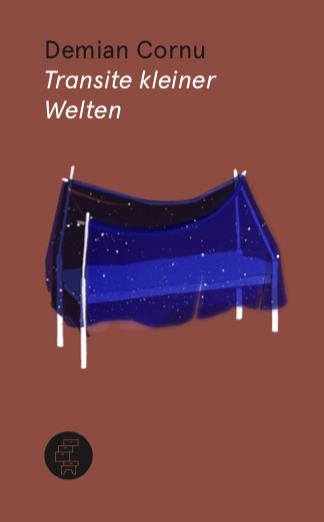
of departure, of the hope of arriving someday at the place you may have always remembered without ever having seen it.
Whether in a social apartment in Bern, on a rubber dinghy in the Mediterranean, or in a slum in Cairo's Cemetery City - the seven protagonists want to put their little worlds in order in their own way. The different yet interconnected life stories convey to the reader that it is always about love and about being there for the people who mean something to you.
Demian Cornu worked in the asylum process for nine years. The knowledge gained in interviews, conversations in
refugee camps, as well as on numerous professional and private journeys.
The insights gained in interviews in refugee camps and on numerous private and professional trips contributed significantly to an authentic portrayal of the political and cultural issues dealt with in the novel. / ©Demian Cornu
Marianne Künzle "Up there"

"Up There" is the dramatic story of two women whose paths cross but who never meet.
On a mountain tour, Annina, a young journalist, discovers a corpse released by the glacier. According to the clothes, the dead woman must have been trapped in the ice for decades. The dead woman is Irma, who hiked here in the fifties.
Irma and Annina walk the same path, postponed in time. But their perception is completely different, their approach to themselves and the landscape is different. Annina is looking for her place in society and must first get to know herself, Irma acts intuitively, she lives and defends her ideals.
The shape of the glacier has changed drastically from Irma to Annina - in the fifties the glacier is a white colossus, in today we hear it dripping, crumbling. Only individual clues, such as the mountain backdrop, a fork in the road, or a prominent boulder in the landscape that the two women encounter, remain unchanged. A sometimes silent, sometimes acoustically present nature surrounds the two women.
Marianne Künzle, born in Berne in 1973, now lives in Valais. She worked as a bookseller and coordinated Greenpeace campaigns for organic agriculture for many years. Since her training in literary writing, she has been a part-time author. In 2017, her debut novel "Uns Menschen in den Weg gestreut" will be published by Zytglogge. She is the winner of the 2nd Oberwalliser Literaturpreis and received various work contributions. More info can be found here.
©Urs Hürzeler
Hannes Binder "Sherlock-Holmes -The Last Problem"

Black and white line drawings on mezzotint are Hannes Binder's trademark. For this epic material, the Zurich illustrator has created dramatic images of the Swiss landscape whose pull is hard to resist. A suspenseful graphic novel for beginners.
Hannes Binder was born in Zurich. He studied at the Zurich School of Applied Arts and later worked as a graphic designer and illustrator for a time in Milan and Hamburg. He has staged more than 50 works for adults and children using his characteristic mezzotint technique. He has received numerous awards for his work, including the Swiss Children's and Youth Media Prize. Hannes Binder lives in Zurich and Ticino / ©Hannes Binder
Christine Rinderknecht "Seven years with the Japanese".
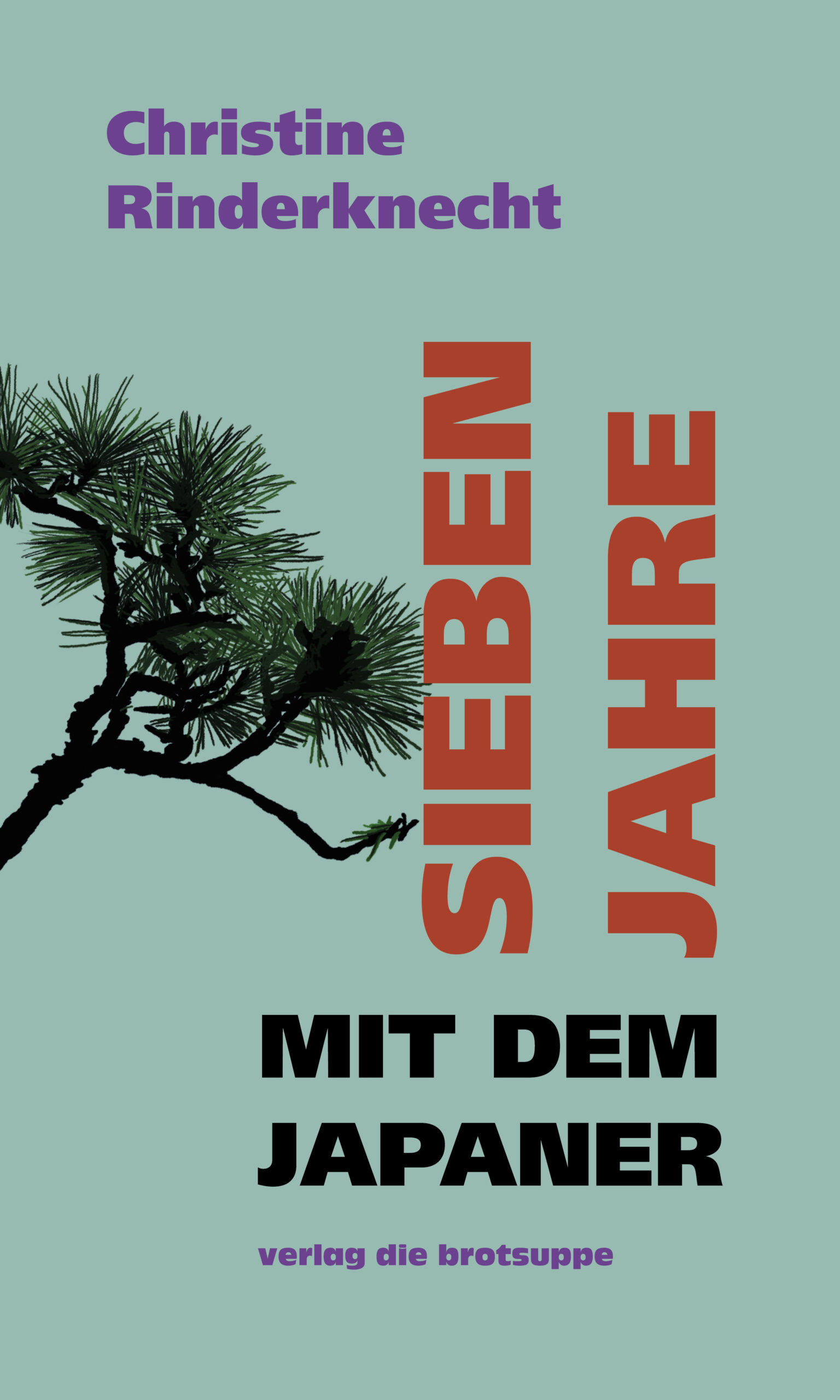
Born in 1954 in Nussbaumen AG.After studying German language and literature, Romance studies, literary criticism in Zurich, Paris and Berlin, she plunged into the theater world and made a first assistant director. She is co-director of Theater Gubcompany, an independent theater group in Zurich, and writes texts for the theater, novels, short stories. After a collection of stories published by Zytglogge in 1994, two novels were published, "Ein Löffel in der Luft" by Pendo in 2002 and "Lilli", also by Pendo, in 2005. Her play "Livia_13" has been translated into Russian and she has received several awards for her work. / ©Heinz Gubler
Thomas Pfenninger "Right away, later, tomorrow"
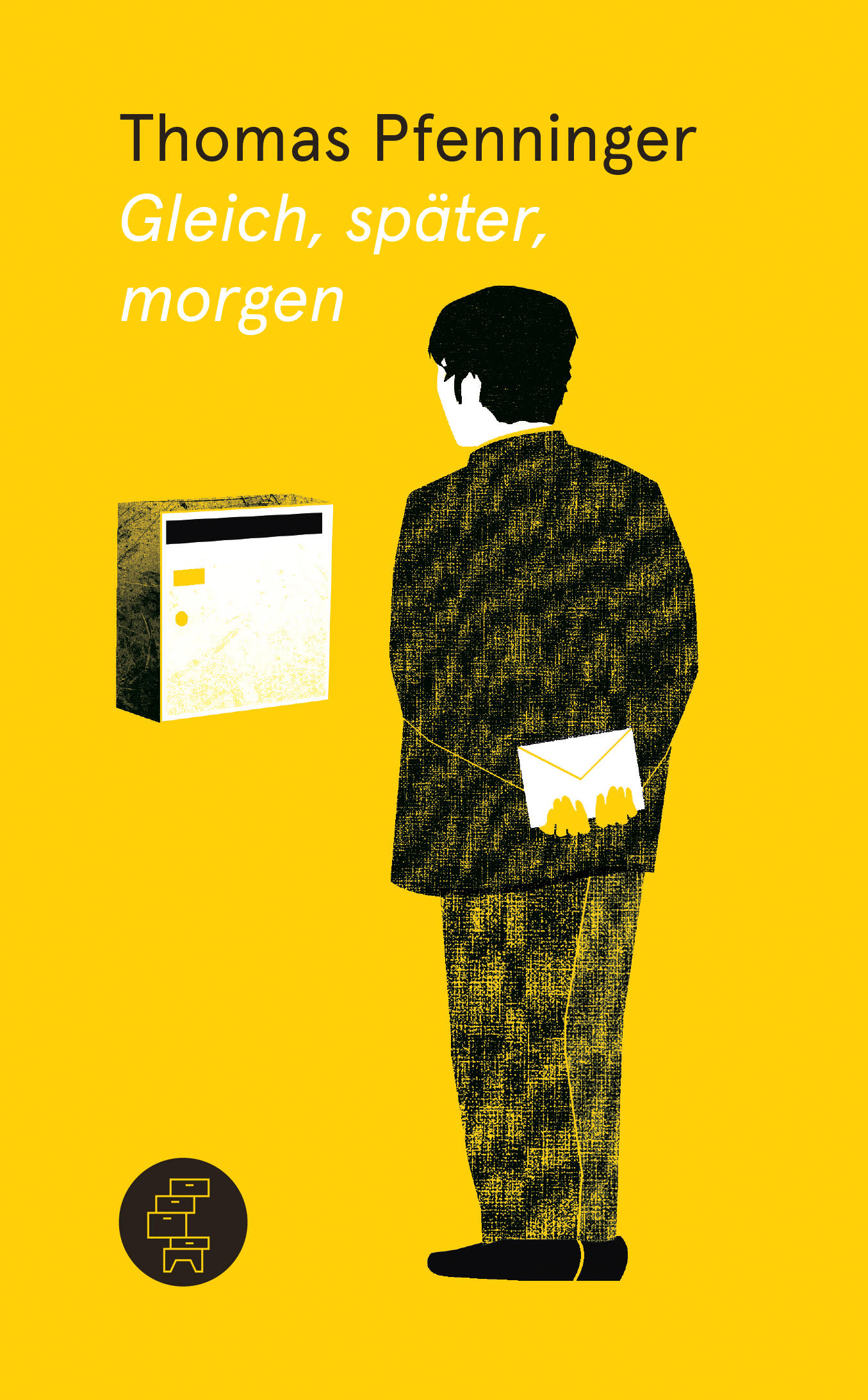
The more the letter carrier takes an interest in the concerns of the people in the neighborhood, the more they become his own. He becomes more and more entangled in the stories of the individual residents, and by the time he realizes that he is in over his head, it is already too late for him to find an easy way out.
Thomas Pfenninger (*1984) grew up in Zurich and now lives in Bern. In addition to his work as a freelance author and copywriter, he has also worked as a media spokesperson or communications officer for various companies in Zurich, Berlin and Bern. In 2017, he self-published the poetry collection "Fragmente". In terms of content, Pfenninger deals in "Fragmente" with questions of the relation of truth and perception. In 2018 he finished work on the novel "Die Löffel-Monologe", which has not yet been published. The novel "Gleich, später, morgen" is his debut.

